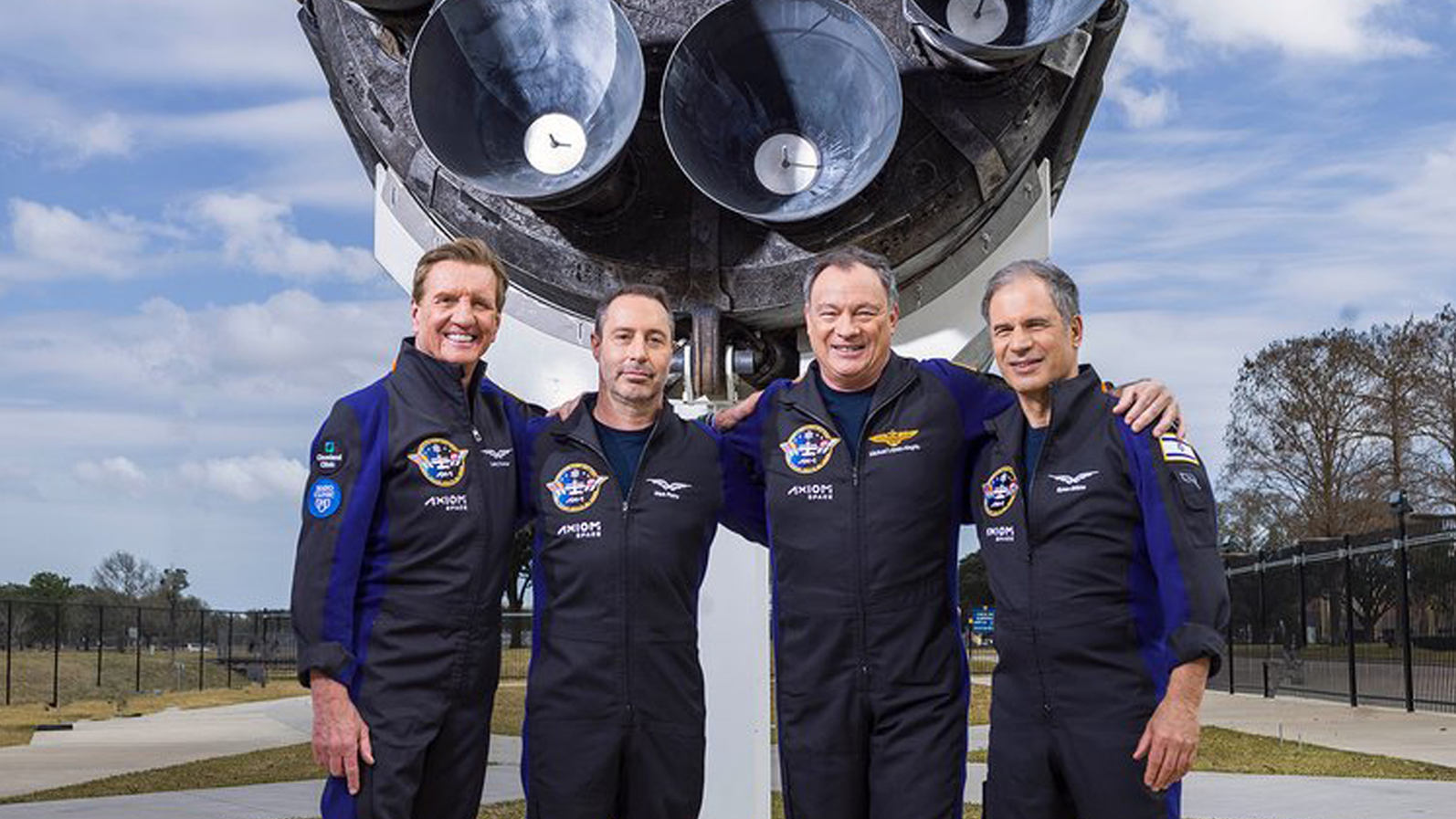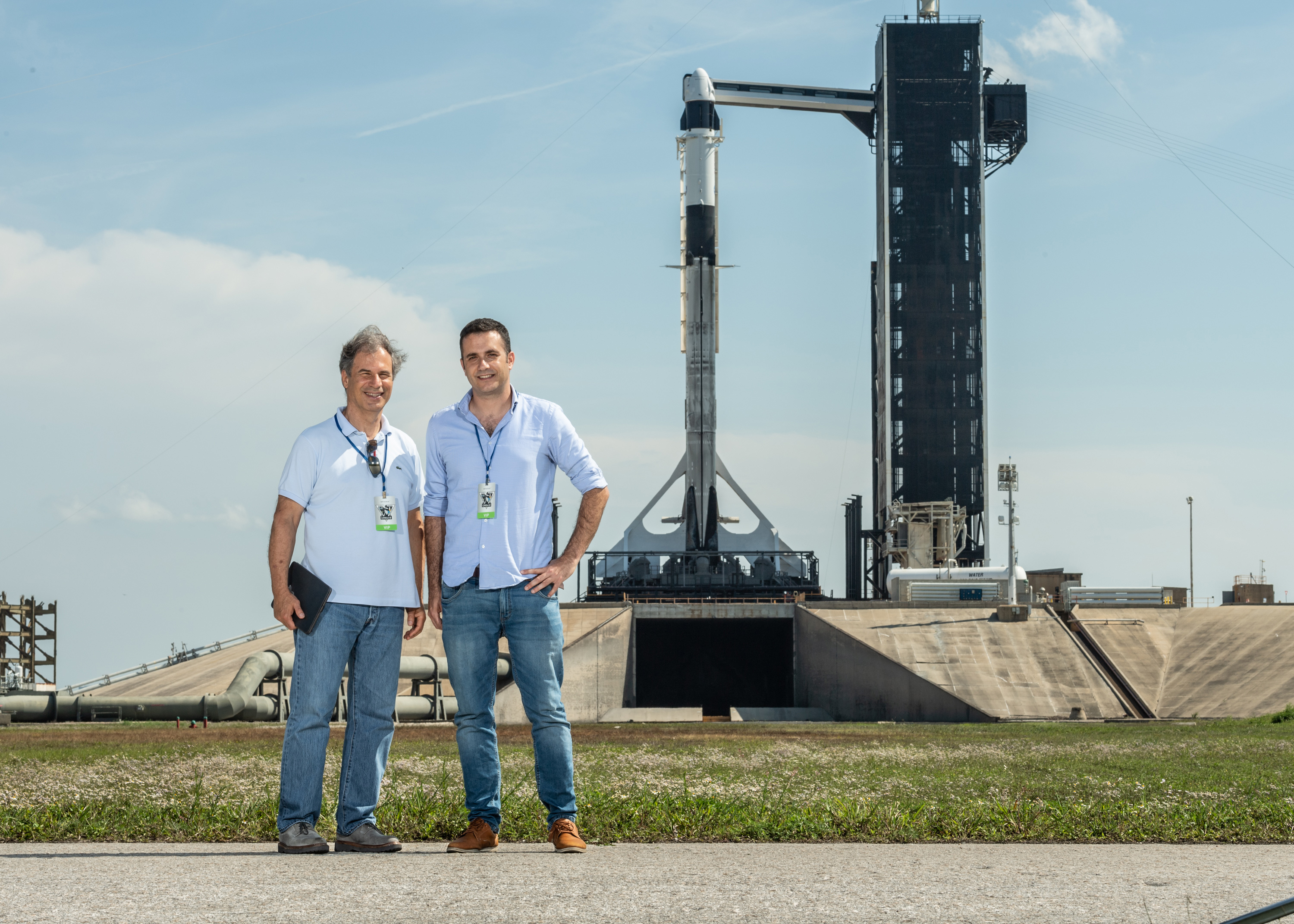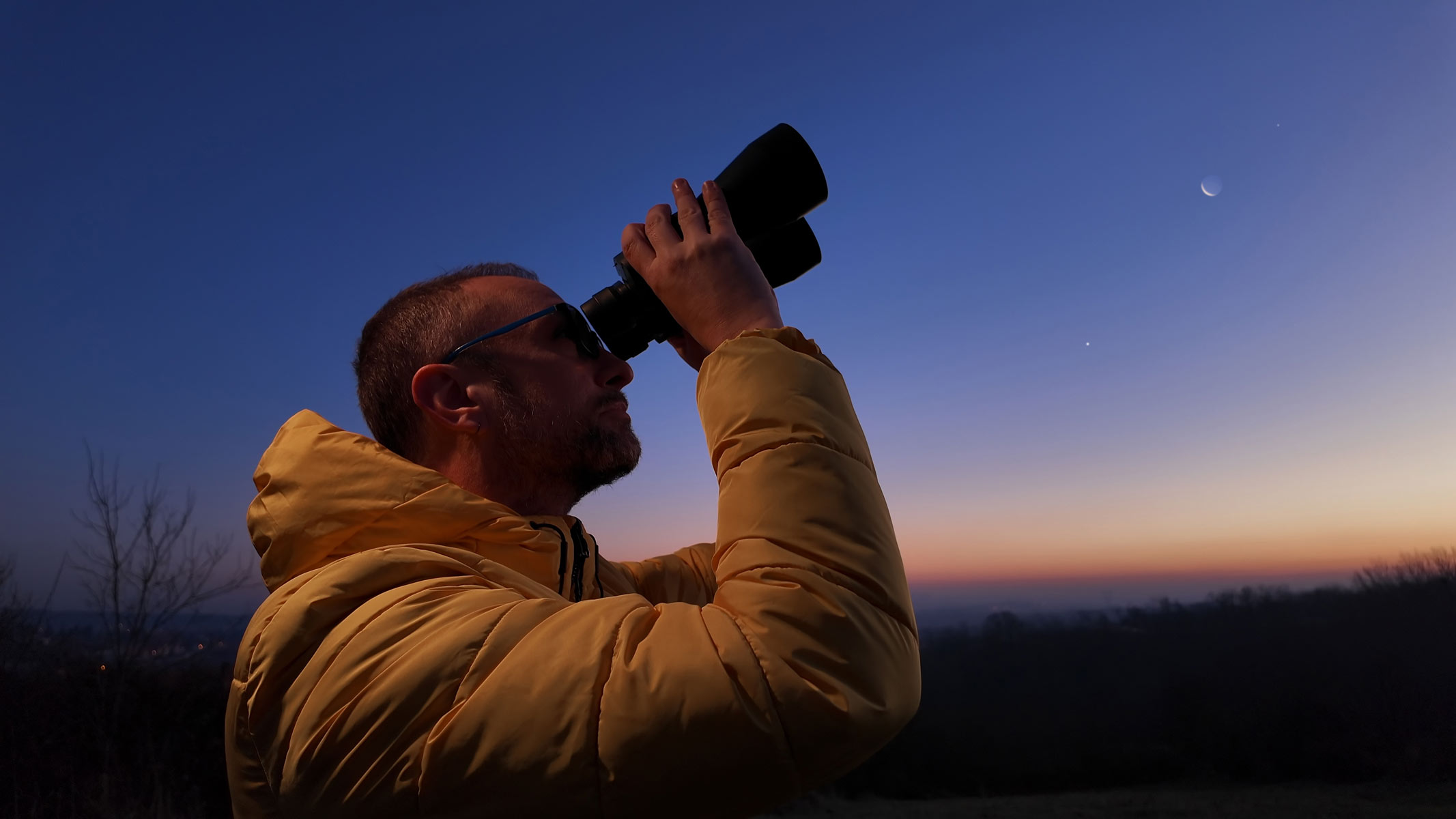
Ran Livne is the director-general of the Ramon Foundation and the head of the Rakia Mission. He contributed this article to Space.com's Expert Voices: Op-Ed & Insights.
The upcoming Ax-1 mission is perhaps the beginning of a new era in human spaceflight — not because of the identity of the private astronauts, but because of the ecosystem that's emerging around them.
From the beginning of humanity, our species has dreamed of reaching space. To date, about 600 people have done so. But the number is poised to rise dramatically as human spaceflight becomes commercialized; some argue that over 200 private individuals will reach the final frontier in the next decade.
Related: The first space tourists (photos)

However, the real revolution will not be in the number of individuals that reach space, but in the future infrastructure that will enable them to live and work there.
SpaceX, Axiom Space and Space Adventures are already flying astronauts into low Earth orbit. And Axiom, Blue Origin, Northrop Grumman and other companies are planning to build private space stations in the near future. Flying private individuals, rather than skilled astronauts, into space may require the new stations to use different air and water purification systems, food systems and more convenient living infrastructure. This need will lead to tremendous development of new life support systems.
The business model of these coming private space stations consists not only of "selling space tickets" for private astronauts but also developing an entire worldwide ecosystem of scientists, researchers and engineers who will perform science and technology onboard these new off-Earth platforms. Competition between the various stations will lead to aggressive marketing efforts that will bring more potential customers into the global space industry. And those customers — from academia to pharmaceutical companies to space-manufacturing startups — will require advanced scientific infrastructure and high-level fast service to benefit humanity.
Get the Space.com Newsletter
Breaking space news, the latest updates on rocket launches, skywatching events and more!
As an Israeli space professional, I see the benefits of this upcoming era of commercialization as mind-blowing. Only about 60 Israeli startups today develop space products. This is in contradiction to the fact that Israel has a strong and accomplished space program and leads the world in startups and scientific papers per capita. But Israeli startups generally haven't seriously considered space as an option. Our nation is not part of the International Space Station (ISS) partnership, so commercial space platforms open new horizons for Israeli space.
The seeds of change are already here. Israel is taking part in Axiom Space's Ax-1, the first all-private crewed mission to the ISS. The 10-day-long Ax-1 is scheduled to launch on a SpaceX Falcon 9 rocket on Friday (April 8) from NASA's Kennedy Space Center in Florida.
The Israeli component of Ax-1, the Rakia Mission, is being facilitated by the Ramon Foundation, a private nonprofit organization, with the support of the Israeli government. Rakia is led by Eytan Stibbe, one of the four Ax-1 crewmembers, who will become the second Israeli in space. (The first was Ilan Ramon, who was one of the seven astronauts killed in the 2003 space shuttle Columbia tragedy. The Ramon Foundation is named after him.)
Rakia offered Israeli companies the opportunity to join the mission and send experiments to the ISS, and the response was enthusiastic. Over 1,500 startups and research institutes took part in space webinars and meetups, exploring new possibilities. Rakia enabled 35 of them to conduct experiments on the ISS during 2022. These groups are multiplying the Israeli presence on the ISS by 3,000%. Most of these experiments were designed by accomplished startups, hospitals and well-known professors and will lead to new space products and hundreds of scientific articles.
If this can be done in one year, imagine the future of science off Earth when private space stations come online.
Follow us on Twitter @Spacedotcom or on Facebook.
Join our Space Forums to keep talking space on the latest missions, night sky and more! And if you have a news tip, correction or comment, let us know at: community@space.com.
Ran Livne is the director-general of the Ramon Foundation and the head of the Rakia Mission, a private spaceflight by Israeli entrepreneur Eytan Stibbe to the International Space Station on the Ax-1 mission. (Stibbe is a board member of the Ramon Foundation.) Livne joined the Ramon Foundation in June 2015. He earned a bachelor's degree in sociology from Tel Aviv University, holds a master's degree in business administration from Reichman University and completed the Executive Space Course with the International Space University in 2019.

